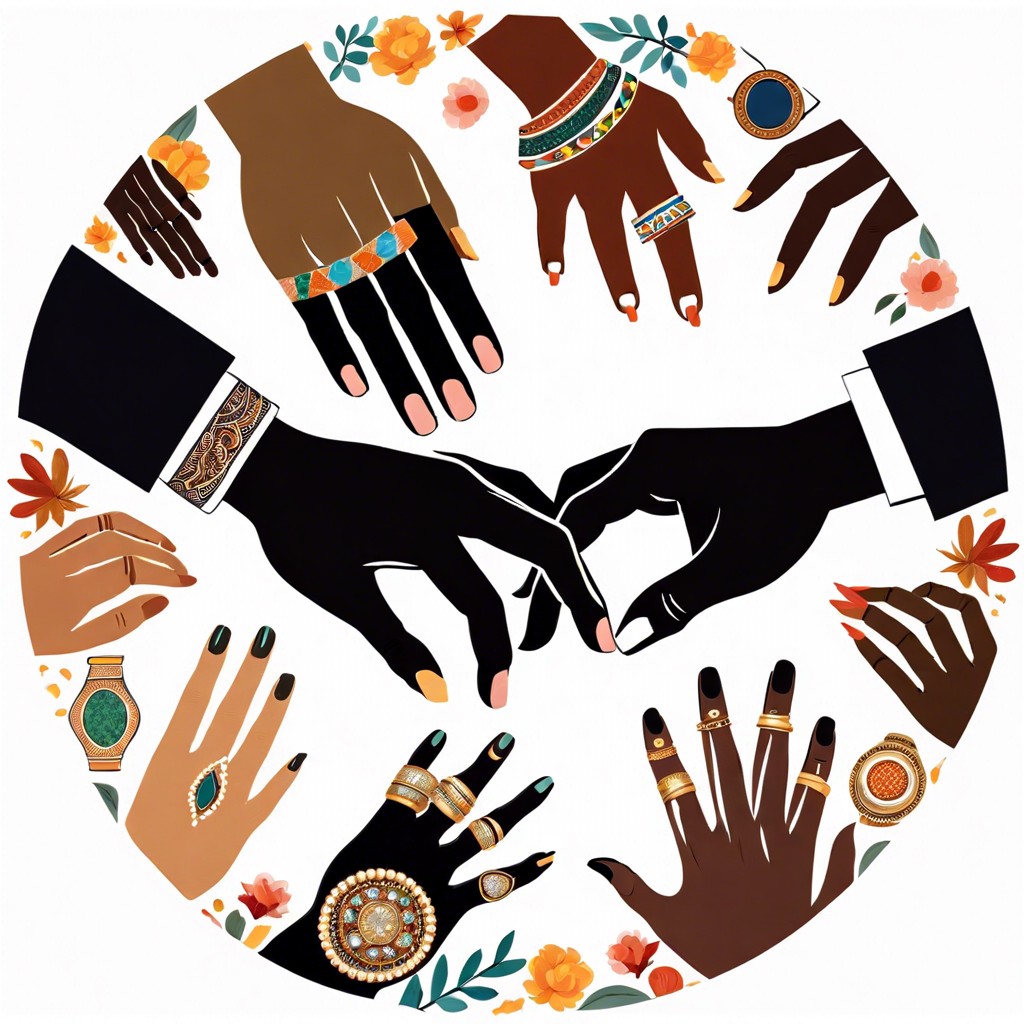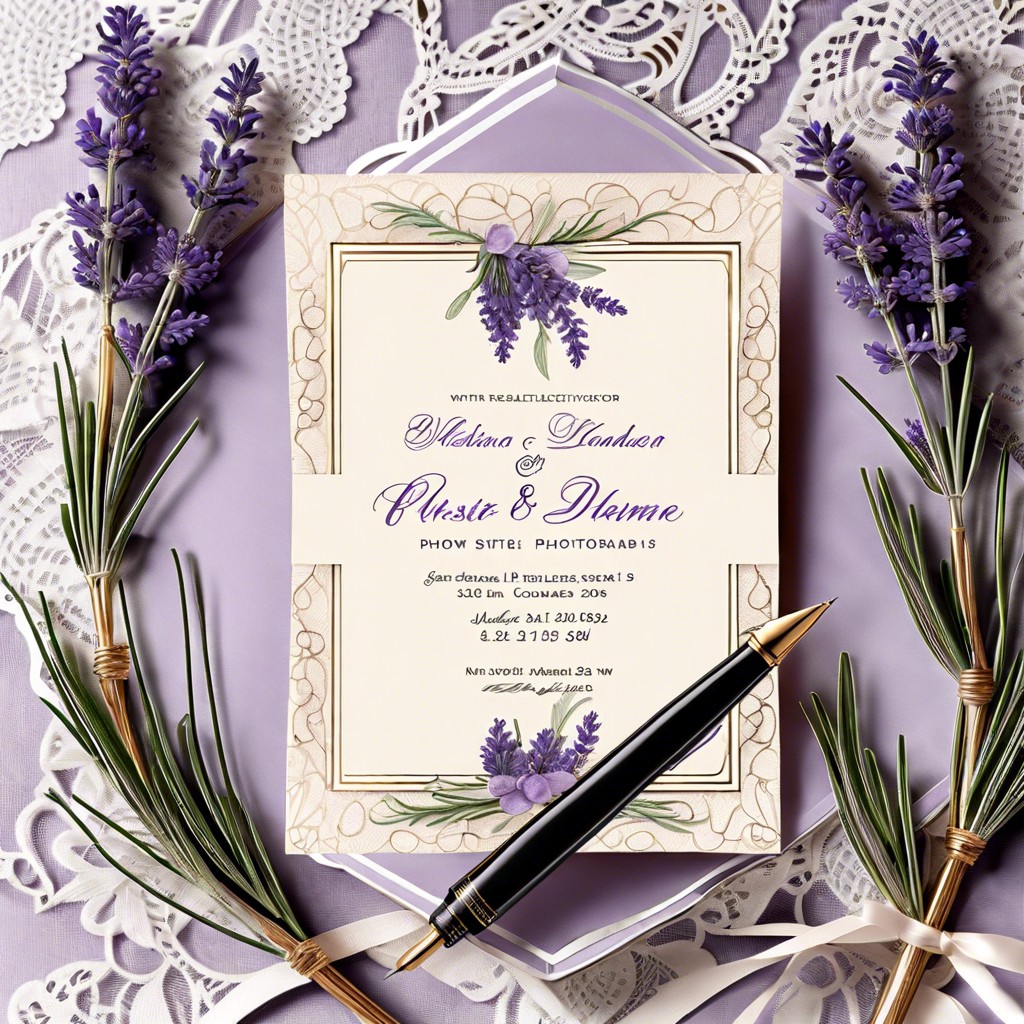This article offers a clear, step-by-step guide for anyone interested in becoming a wedding planner, covering everything from the required skills to the most effective strategies for building a successful career in the industry.
Key takeaways:
- Skills and qualifications for wedding planners: interpersonal, organizational, design, problem-solving, continuous learning.
- Getting hands-on experience: volunteering, internships, bridal fairs, job-shadowing, part-time roles.
- Starting a business: create a solid business plan, build a strong brand, develop a comprehensive network, invest in marketing, use software/platforms.
- Mastering time management: prioritize tasks, create timelines, delegate, use technology, avoid procrastination, establish boundaries.
- Adhering to a code of ethics: uphold transparency, respect client confidentiality, engage in fair competition, commit to self-improvement, act responsibly.
Skills and Qualifications for Wedding Planners

Successful wedding planners possess a unique blend of talents that cater to both the aesthetic and logistical demands of wedding coordination. Interpersonal skills are paramount; the ability to connect with clients, understand their vision, and communicate effectively sets a foundation for success.
Organizational skills cannot be overstated; managing multiple vendors, deadlines, and intricate details require meticulous attention. A flair for design helps in creating memorable, personalized events. Moreover, familiarity with contract negotiations and budget management is essential to navigate financial aspects.
Problem-solving skills are crucial; unexpected issues inevitably arise, and the ability to swiftly and calmly find solutions is a hallmark of a seasoned planner. Finally, staying abreast of wedding trends and traditions through continuous education solidifies expertise in the dynamic field of wedding planning.
Getting Hands-On Experience
Jumping into the field requires practical know-how, which you can gain through various avenues:
– Volunteering with established wedding planners offers a behind-the-scenes look at real weddings. – Internships at event planning companies provide structured learning opportunities. – Assisting at local wedding venues equips one with venue-specific details and vendor interactions. – Participation in bridal fairs and expos aids in understanding current trends and networking. – Taking a part-time role in catering or hospitality enhances customer service skills critical to wedding planning. – Job-shadowing professionals allows observation of the consultation and coordination process.Each of these experiences contributes to a hands-on understanding of the wedding planning process and builds a foundation for successfully managing future weddings.
Starting a Business
Embarking on a new venture requires strategic planning. Create a solid business plan detailing services, pricing, and financial projections. Select a suitable business structure, register your business for legal operation, and obtain necessary licenses and insurances. Build a strong brand identity with a memorable name and professional logo to capture your unique approach to wedding planning.
Foster relationships with vendors and venues to develop a comprehensive network that you can rely on and refer to clients, ensuring excellent experiences. Invest in marketing efforts to reach your target demographic; consider a website, social media presence, and wedding expos as primary platforms for advertisement.
Lastly, consider software or platforms that can streamline your workflow, from client communication to budget tracking and event scheduling. This infrastructure helps maintain organization and enhances your ability to handle multiple clients effectively.
Mastering Time Management
Efficiently juggling tasks is a cornerstone of a successful wedding planner’s role, necessitating impeccable time management skills. Here are some strategies to optimize productivity:
1. Prioritize Tasks: Determine the most critical jobs for the day and tackle them first. Use tools like the Eisenhower Box to categorize and prioritize effectively.
2. Create Timelines: Draft a timeline for each event, outlining what needs to be done and by when. Sharing this with clients and vendors ensures everyone is on the same page.
3. Delegate: Recognize tasks that can be outsourced or assigned to assistants to allow focus on high-priority items.
4. Utilize Technology: Exploit planning software and apps for schedule keeping, reminders, and coordinating with clients and vendors.
5. Avoid Procrastination: Develop the habit of doing things now rather than later, using methods like the ‘two-minute rule’ to handle smaller tasks immediately.
6. Establish Boundaries: Set specific work hours to balance personal and professional life, and communicate these to clients to manage expectations.
By mastering these strategies, wedding planners can deliver seamless, stress-free experiences for their clients.
Adhering to a Code of Ethics
Professional integrity is crucial in building trust with clients and vendors. Uphold transparency in financial dealings to avoid conflicts of interest.
Respect client confidentiality, and always prioritize their wishes and needs. Stay true to your advertised services and deliver on promises.
Engage in fair competition with fellow planners, and commit to continuous self-improvement and staying abreast of industry trends. Act with social and environmental responsibility when planning events.
FAQ
Is it profitable to be a wedding planner?
Yes, being a wedding planner can be profitable as most planners charge a percentage of the total wedding budget, typically ranging from 12-20%, which can mean substantial earnings depending on the size of the budget.
Is it hard being a wedding planner?
Being a wedding planner can be challenging given the considerable physical and emotional demands of ensuring every detail is perfect.
Can you be a wedding planner with a marketing degree?
Yes, you can become a wedding planner with a marketing degree, as it provides a valuable foundation, even though a specific degree or certification is not a requirement in this field.
Do you require any specific formal training to become a wedding planner?
No specific formal training is required to become a wedding planner, but obtaining a certification from a reputable program can increase credibility and marketability in the industry.
In what ways does creativity play a role in wedding planning?
Creativity in wedding planning allows for unique themes, personalized decorations, innovative event setups, unconventional menu choices, and distinctive event timelines that reflect the couple's personality and style.
What are some effective marketing strategies for a budding wedding planner?
Effective marketing strategies for a budding wedding planner include leveraging social media to showcase their work, networking with vendors in the wedding industry, offering free consultations, and creating a well-crafted, SEO-optimized website.



